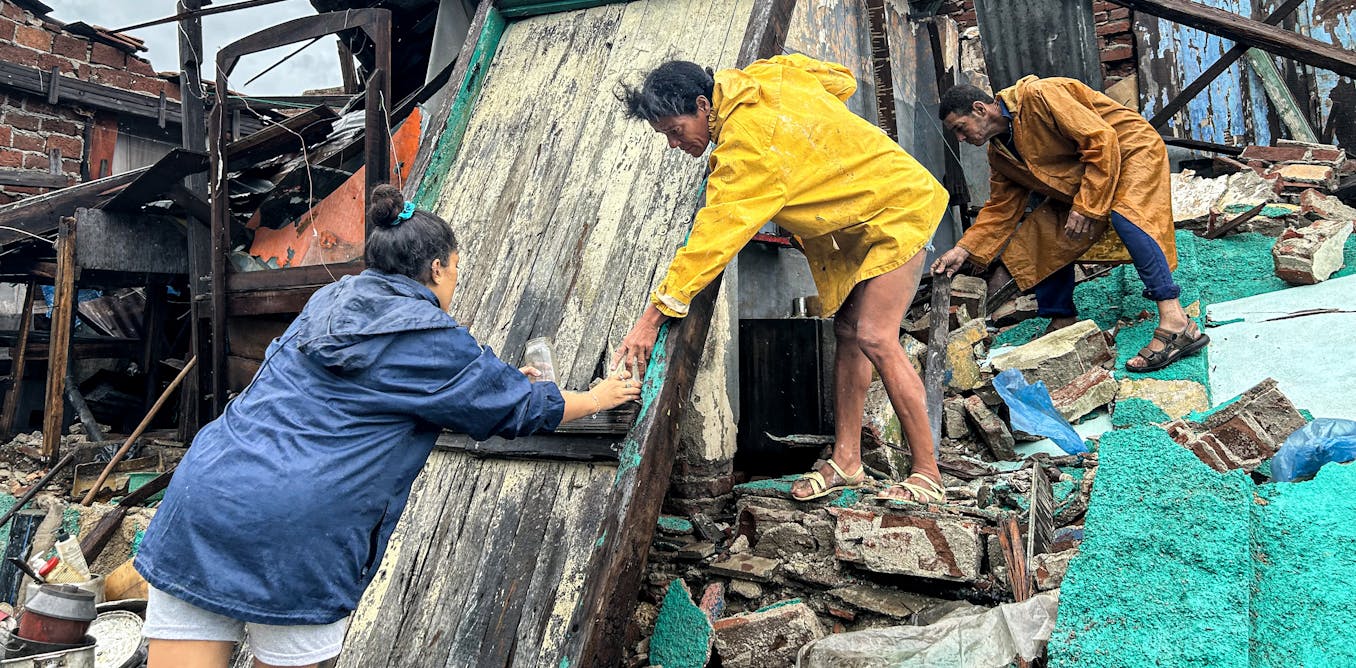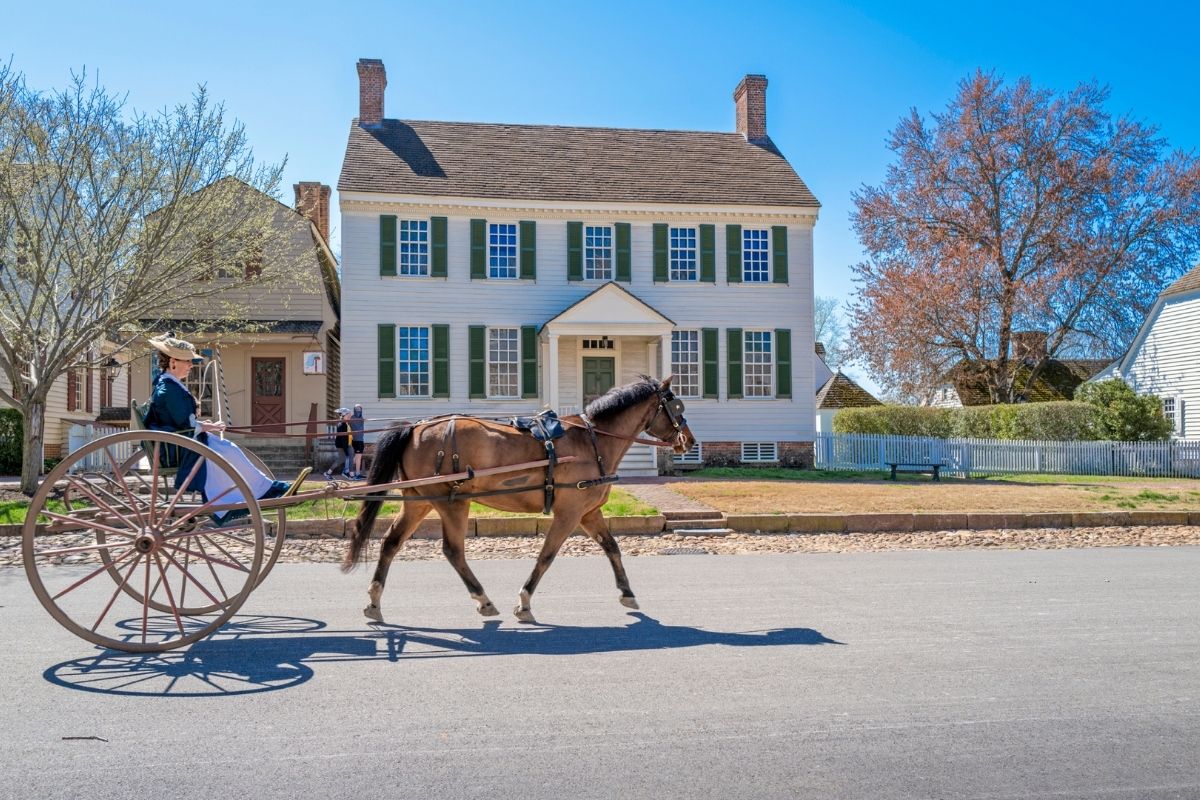HBO’s hit television series, The White Lotus, is as renowned for its stunning hotels and filming locations as it is for its mixture of unsettling, hilarious and sultry storylines.
Set in fictional five-star “White Lotus” resorts, fans quickly learned the true locations of the luxury hotels. Each season has been set in a different destination – Hawaii, Sicily and, most recently, Thailand – and every resort has seen a surge in interest since featuring on the show. This has been labelled the “White Lotus effect”.
Four Seasons Hotels, the actual brand behind the resorts, said the original White Lotus in Hawaii saw a 386% increase in availability checks after appearing on the show. And Hotels.com reported a 40% spike in booking interest for the filming location in Koh Samui, Thailand, following the release of the season three trailer.
Four Seasons says the show’s popularity among gen Z and millennials is introducing a new market to their hotels. According to the company’s internal research, 71% of millennials who watch the show and are aware of Four Seasons have expressed a strong likelihood of visiting the featured properties.
Younger age groups are key targets for Four Seasons, which is keen to attract the next generation of luxury travellers. But do luxury resorts really represent the travel habits of young people?
According to a 2023 survey by consultancy firm Deloitte, young people have been hit particularly hard by the rising cost of living. Many are losing hope of owning a home and even starting a family. It has been widely reported that younger generations are worse off than their parents.
With property ownership out of reach, many young people seem more willing to splurge on travel than save for an uncertain future. According to a 2017 poll by Realty Mogul, a real estate crowdfunding platform, almost half of young people aged 18 to 34 would prioritise travelling over buying a home. This compared to just 26% of those aged 45 and over.
But gen Z generally aren’t as interested in five-star resorts as they are in five-star experiences. Many travellers from this age group opt to spend big on once-in-a-lifetime activities rather than splash out on luxury accommodation. According to a 2022 YouGov poll, over one-third of young people say they’d pick a standard three-star or below hotel, making this the most popular accommodation option.
However, the European Travel Commission has found that this generation embraces mixing budget and luxury options when they can. For example, they may use budget airlines to reach their destination so they can spend a little more elsewhere. According to the same YouGov poll, luxury hotels and resorts still rank among gen Z’s top three travel accommodations.
Todamo / Shutterstock
For many gen Z travellers, the journey is also just as important as the destination – and the impact they leave behind matters, too. Research by Booking.com reveals that over half (52%) of gen Z travellers say the environmental impact of tourism on a destination influences their travel choices. Even more (63%) would consider avoiding a destination altogether if they knew it was threatened by overtourism.
Many of these values may not align with the opulence typically associated with luxury travel. On the Hawaiian island of Maui, the setting for season one of The White Lotus, local opposition towards tourism erupted after deadly wildfires swept across the island in 2023 – the most deadly wildfire event in recent US history.
While locals faced heavy restrictions due to water scarcity, the island’s hotels and resorts were allowed to maintain vast golf courses, lush gardens and pools and welcomed up to 8,000 tourists a day.
Thousands signed petitions to delay the return of mass tourism to the islands. And community groups held what was called a 24 hour “fish-in” protest to prevent tourists from using the popular Kāʻanapali Beach, a long stretch of pristine coastline where several high-end resorts are located.
Protesters said their aim was to bring attention to the displacement of locals made homeless due to the wildfires and unable to find permanent housing due to short-term holiday rentals taking priority.
Leaders have long worried the islands are losing their culture as the cost of housing fuels an exodus of native Hawaiian residents. The 2022 census revealed that more native Hawaiians live outside of Hawaii than within.

Etienne Laurent / EPA
Luxury travel reimagined
Gen Z may well be the next generation of luxury travellers. In 2017, millennials and gen Z consumers were responsible for 32% of sales in the global personal luxury goods market. This figure was forecast to increase to 45% by 2025.
But luxury travel must change to cater to the tastes and interests of younger generations. These people largely crave unique, shareable and story-worthy travel – not just comfort, but connection. For this new generation of luxury travellers, a remote glamping trip under the stars, or an off-grid adventure with experienced locals, may be more attractive than the traditional luxury resort.
Some brands are already making changes. In 2024, the Hyatt Hotels group introduced its “Be More Here” brand initiative, a collection of bespoke guest activities with a focus on wellness and experience.
And the latest addition to the Maldives’ luxury resort portfolio, Six Senses, has an ethos centred on sustainability. Its resorts have an onsite environmental learning space, and offer immersive marine conservation experiences and sustainability tours to guests.
As young people navigate a complex future, their travel choices reflect a deeper desire: not just to see the world, but to engage with it responsibly and thoughtfully, and gain something meaningful from it.

The post “White Lotus hotels target gen Z travellers – but luxury resorts don’t reflect their travel habits” by Ross Bennett-Cook, PhD Candidate in the Carnegie School of Sport, Leeds Beckett University was published on 04/09/2025 by theconversation.com





































Leave a Reply